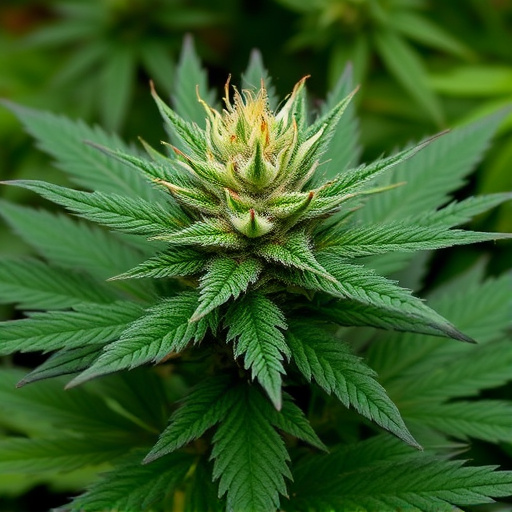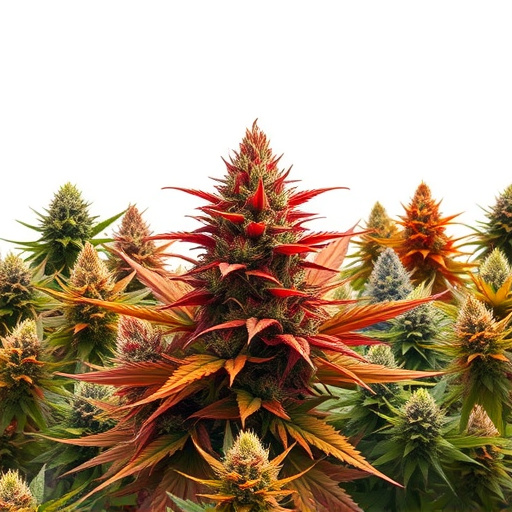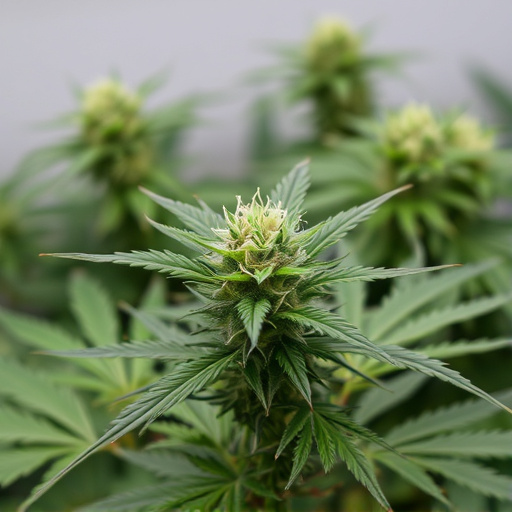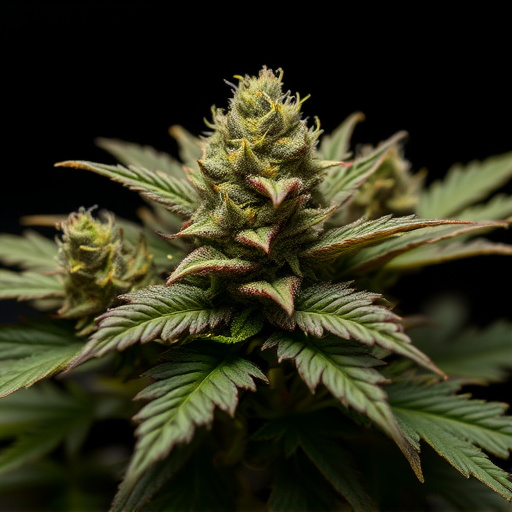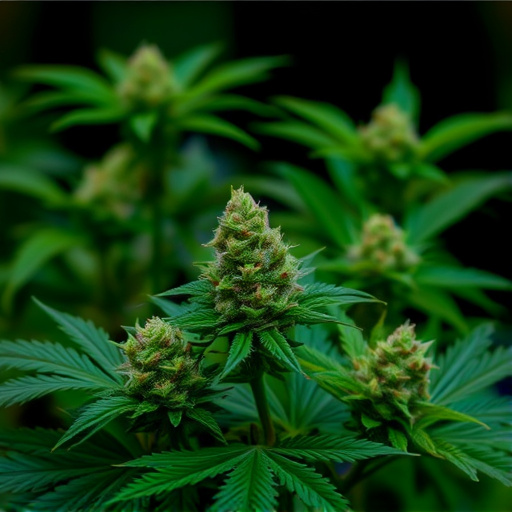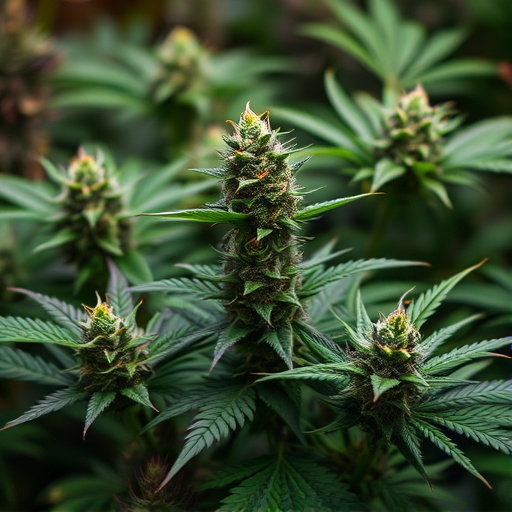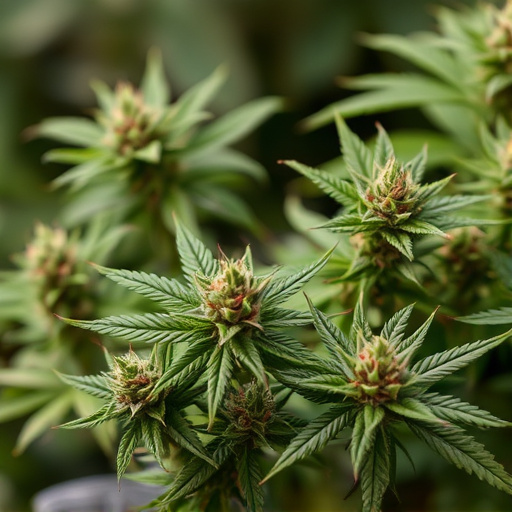Cannabis, especially high-THC anxiety weed strains, can have mixed effects on mental health. While it may help manage stress and anxiety for some, studies show it could worsen existing disorders in vulnerable individuals, particularly young people with a genetic predisposition to psychiatric conditions. The risks include exacerbating anxiety, depression, and triggering psychotic episodes. Starting with low doses, choosing specific anti-anxiety strains, and consuming responsibly at home can help mitigate these dangers. Always consult professionals for guidance before incorporating anxiety weed strains into routines.
“Exploring the risks associated with cannabis flower is essential, especially as its popularity rises. This article delves into the potential mental health dangers, focusing on how different weed strains can impact anxiety and stress levels. We’ll uncover strategies for safe cannabis use, providing insights to navigate the complexities of this powerful substance. From understanding strain effects to mitigating hazards, gain valuable knowledge about managing risks and making informed decisions regarding cannabis consumption.”
- Potential Mental Health Risks Associated with Cannabis Consumption
- The Impact of Weed Strains on Anxiety and Stress Levels
- Mitigating Hazards: Strategies for Safe Cannabis Use
Potential Mental Health Risks Associated with Cannabis Consumption
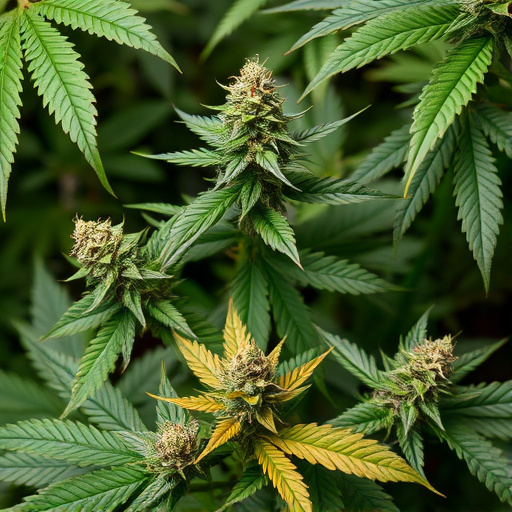
Cannabis consumption, while legal in many regions for medical or recreational purposes, isn’t without its potential risks, especially when it comes to mental health. While some individuals claim cannabis helps alleviate anxiety and promotes relaxation, studies suggest a more nuanced picture. High-THC strains, which can induce euphoria but also heightened sensory perception, may exacerbate existing anxiety disorders in susceptible individuals. The impact of THC on the brain’s endocannabinoid system, responsible for regulating mood, memory, and perception, can lead to short-term anxiety, paranoia, or panic attacks, particularly in those with a history of mental health issues.
Moreover, regular cannabis use has been linked to an increased risk of developing psychotic disorders, such as schizophrenia, especially in young people whose brains are still developing. The interaction between genetic predispositions and environmental factors plays a significant role. Individuals with a familial history of psychiatric conditions may be more vulnerable to the potential mental health risks associated with anxiety weed strains, underscoring the importance of understanding personal tolerance and seeking professional advice before incorporating cannabis into one’s routine.
The Impact of Weed Strains on Anxiety and Stress Levels
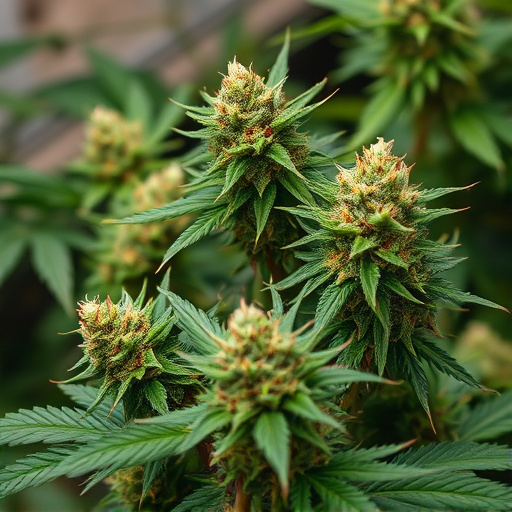
Cannabis flower, or marijuana, contains various compounds called cannabinoids that interact with our bodies’ endocannabinoid system. While some people find cannabis helpful for managing stress and anxiety, it’s not without its risks. The impact of weed strains on anxiety and stress levels can vary greatly depending on the specific strain and individual biochemistry.
Certain cannabis strains are known to have higher levels of THC (tetrahydrocannabinol), the primary psychoactive compound responsible for feelings of euphoria but also anxiety and paranoia in some users. High-THC strains can exacerbate existing anxiety disorders or trigger new episodes of panic or anxiety in susceptible individuals. Conversely, strains with higher CBD (cannabidiol) content are often sought after for their potential anti-anxiety and calming effects. Research suggests that CBD may help reduce anxiety and promote relaxation without the psychoactive effects of THC.
Mitigating Hazards: Strategies for Safe Cannabis Use
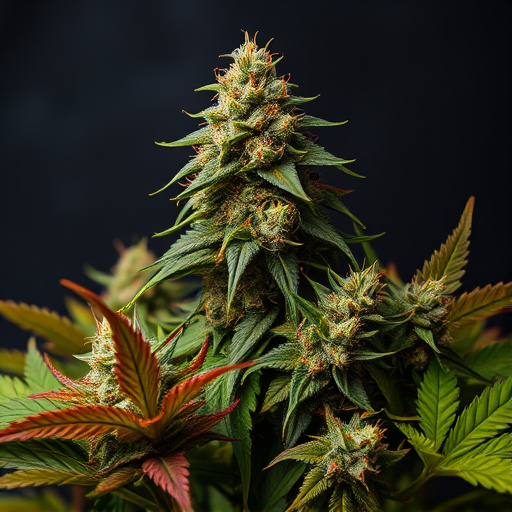
Cannabis use, especially with certain anxiety weed strains, comes with risks that users should be aware of to ensure a safe experience. One primary concern is the potential for adverse mental health effects, particularly in individuals predisposed to conditions like anxiety or depression. High-potency cannabis can exacerbate these issues, leading to increased stress and panic attacks. Moreover, consuming cannabis before engaging in activities requiring focus and coordination, such as driving or operating machinery, poses significant safety risks.
To mitigate these hazards, users should prioritize responsible consumption practices. This includes starting with low doses and gradually increasing as needed to avoid overwhelming the body and mind. Opting for specific anxiety-relieving cannabis strains known for their balanced profiles can also help minimize negative effects. Additionally, setting a routine and consuming cannabis at home in a safe, comfortable environment allows users to manage potential triggers and mitigate risks associated with public use.
While cannabis flower offers potential therapeutic benefits, it’s crucial to acknowledge and understand the associated risks. The impact of different weed strains on mental health, particularly anxiety levels, cannot be overlooked. By educating oneself about these potential hazards and implementing strategies for safe use, individuals can navigate cannabis consumption more effectively. Remember, moderation and seeking professional guidance are key to mitigating risks related to anxiety weed strains.



